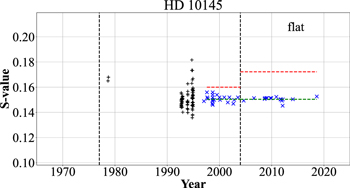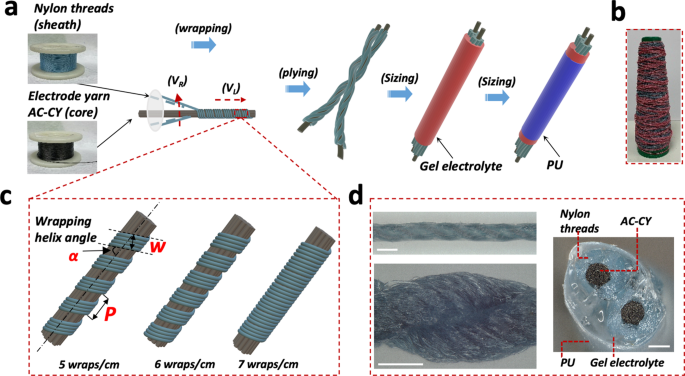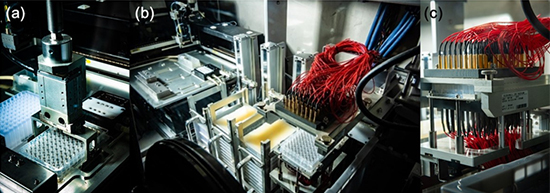2022-03-22 ペンシルベニア州立大学(PennState)
・この星を研究することは、私たちの太陽が黒点周期を一時停止した1600年代半ばから1700年代初頭までの「マウンダー極小期」を説明するのに役立つかもしれません。
<関連情報>
- https://www.psu.edu/news/eberly-college-science/story/nearby-star-could-help-explain-why-our-sun-didnt-have-sunspots-70/
- https://iopscience.iop.org/article/10.3847/1538-3881/ac5683
太陽型星59個における50年にわたる色球活動、および新しいマウンダー極小期候補星HD166620 Five Decades of Chromospheric Activity in 59 Sun-like Stars and New Maunder Minimum Candidate HD 166620
Anna C. Baum1,2, Jason T. Wright1,3,4, Jacob K. Luhn1,3,5, and Howard Isaacson6,7
Published 2022 March 22

Abstract:
We present five decades of chromospheric activity measurements in 59 Sun-like stars as time series. These include and extend the 35 yr of stellar chromospheric activity observations by the Mount Wilson Survey (1966–2001), and continued observations at Keck by the California Planet Search (1996–). The Mount Wilson Survey was studied closely in 1995, and revealed periodic activity cycles similar to the Sun’s 11 yr cycle. The California Planet Search provides more than five decades of measurements, significantly improving our understanding of these stars’ activity behavior. We have curated the activity measurements in order to create contiguous time series, and have classified the stellar sample according to a predetermined system. We have analyzed 29 stars with periodic cycles using the Lomb–Scargle periodogram, and present best-fit sinusoids to their activity time series. We report the best-fit periods for each cycling star, along with stellar parameters (Teff, log(g), vsin(i), etc.) for the entire sample. As a first application of these data, we offer a possible Maunder minimum candidate, HD 166620.



